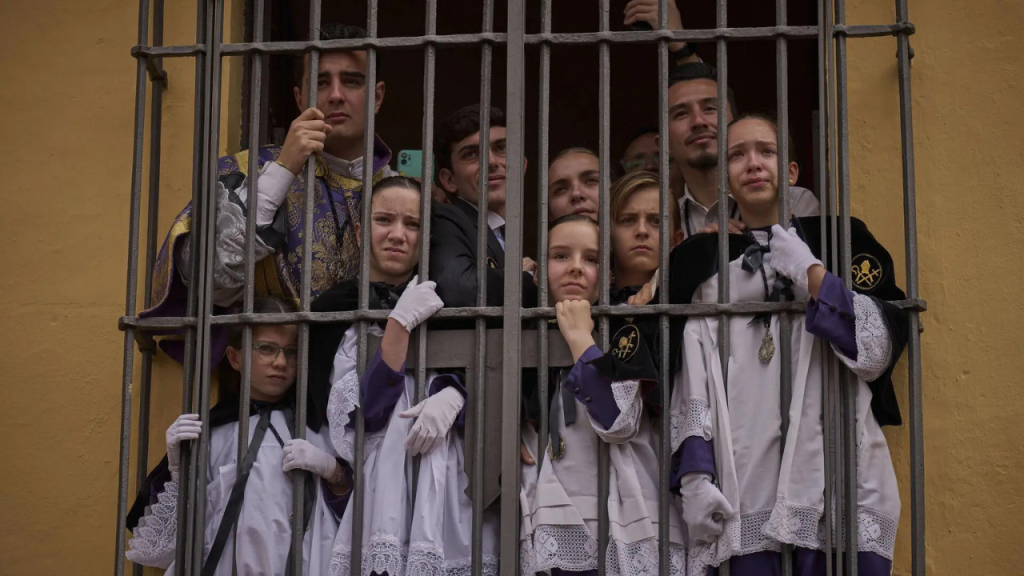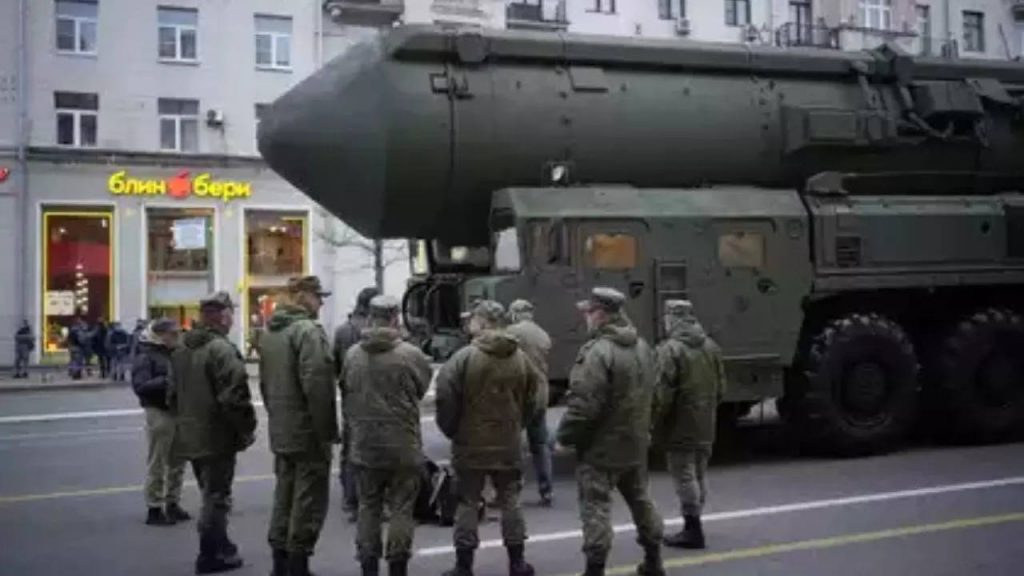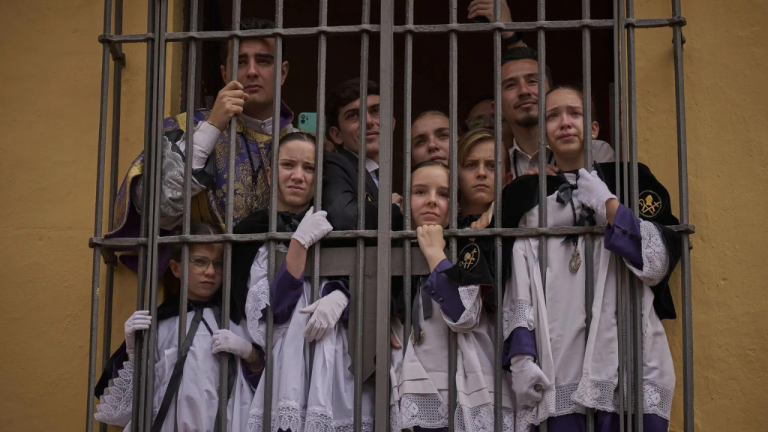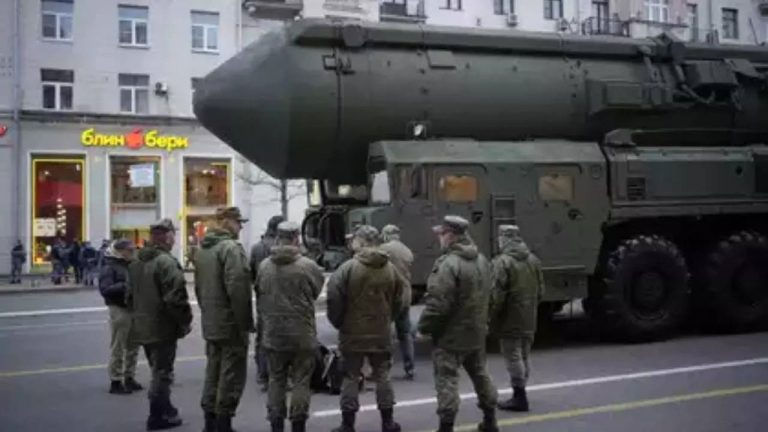After the fall of the Soviet Union, Ukraine inherited a significant nuclear stockpile. Despite possessing these nuclear weapons, Ukraine chose to disarm due to financial constraints and geopolitical considerations. The 1994 Budapest Memorandum assured security guarantees to Ukraine, but these proved inadequate when Russia annexed Crimea and backed separatists in Ukraine. The current Russia-Ukraine conflict underscores the security vulnerabilities faced by Ukraine in the absence of nuclear deterrence. The decision to relinquish nuclear weapons has left Ukraine exposed to external threats, raising concerns about its ability to defend itself. The situation serves as a cautionary tale about the complexities of international security agreements and the importance of maintaining a strong defense posture. Ukraine’s experience highlights the need for countries to carefully weigh the benefits and risks of nuclear disarmament in a volatile geopolitical environment. The country’s predicament underscores the ongoing challenges faced by nations navigating power dynamics in the aftermath of nuclear proliferation.
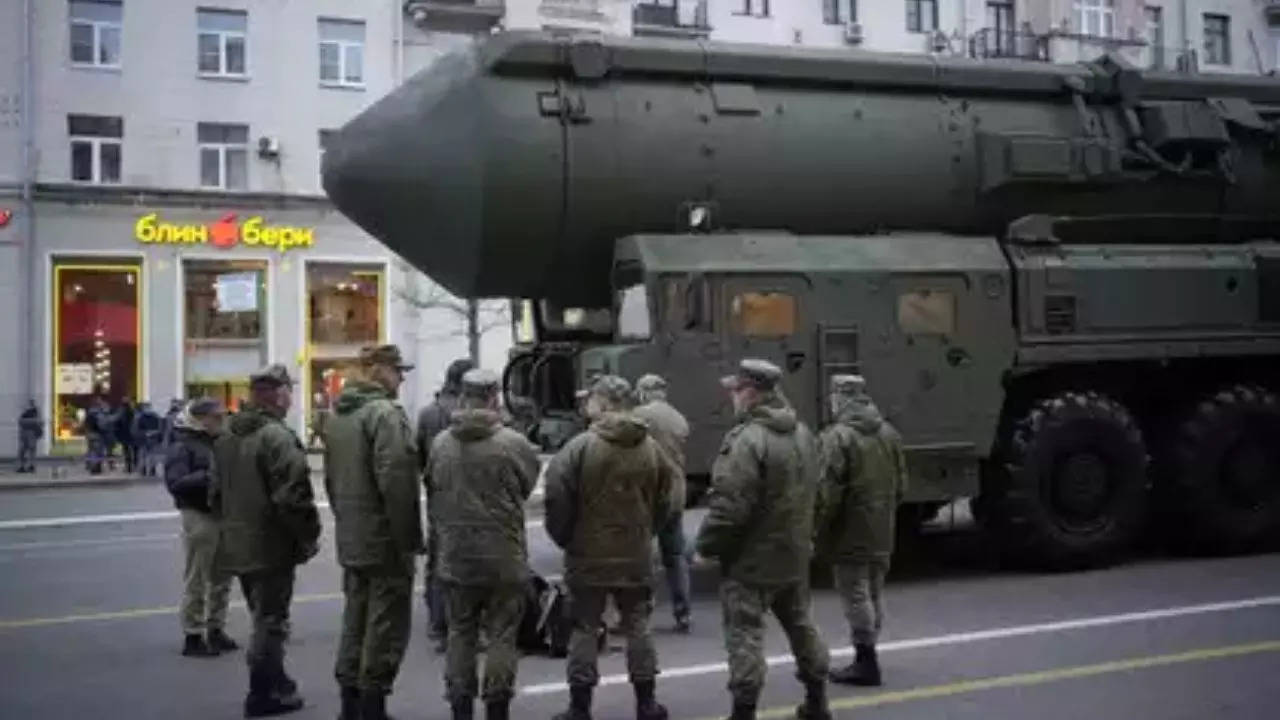
Posted in
JUST IN
Ukraine’s Decision to Surrender Nuclear Weapons Haunts Amid Russia Conflict: Budapest Memorandum Fallout
In Trend







